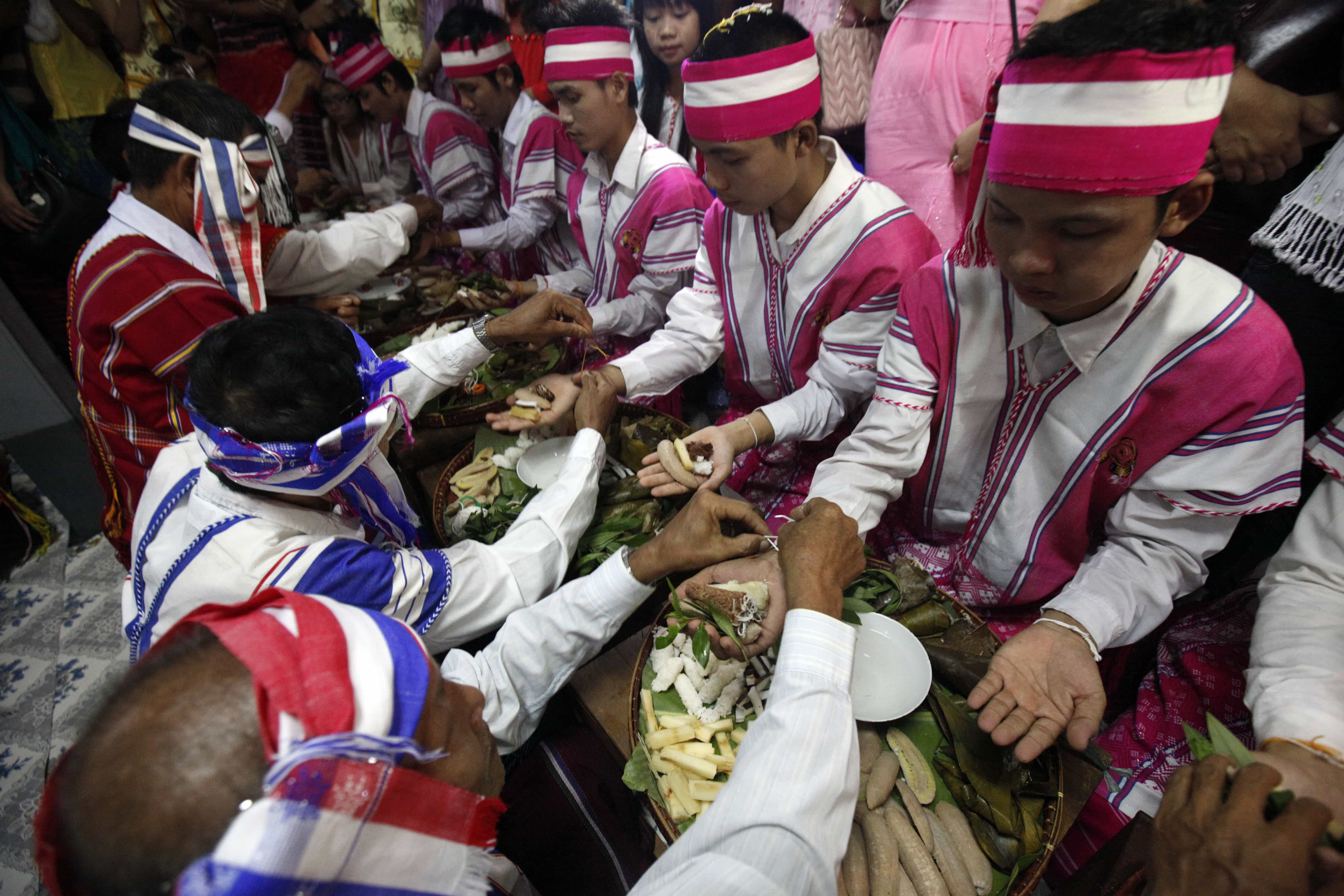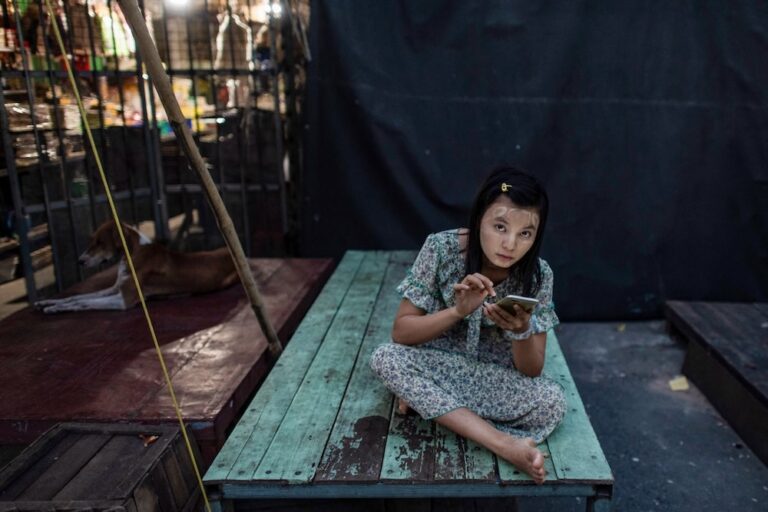"Media should give equal coverage to all political parties and candidates regardless of their size and profile," said May Thingyan Hein, a veteran journalist and media trainer in Burma.
This statement was originally published on seapa.org on 16 September 2015.
By Aung Zaw Min
As the campaign period for the November 8th, 2015 election kicks off, political parties in Burma started blazing the campaign trails. High-profile parties with deep pockets are seen fiercely competing for votes, with floats and processions in the major cities.
Opposition party leader Daw Aung San Suu Kyi of the National League for Democracy is also currently touring the ethnic states to canvass the ballots of ethnic populations, promising her peace process manifesto in exchange for votes.
The local and international press corps is with her at every campaign stop, following her entourage to the every corner of the country. Their coverage has made her made her campaign appear highly visible, and her election promises echo across the country.
Similar to the opposition icon of Burma, 54-year old ethnic Karen woman Nan Mya Aye is also daring to attain peace in her native Karen State.
As an independent candidate, her first canvassing tool is her campaign leaflet.
With the slogan, “In order to achieve peace in Karen State, Let’s vote for Nan Mya Aye”, the candidate wants to bring women’s voices into the parliament when the ongoing peace issues are raised in the next government.
Born into a Karen family, Nan Mya Aye has lived most of her life in military environments. Her grandfather served in the British colonial army, while her her uncles, brothers and ex-husband are currently serving in the Tatmadaw, the present day Burmese military.
These blood-ties have made her into a life-long witness of life under the military as well as the atrocities of war.
“I am not at all a stranger with death, conflict, war and separation because of my family’s military background. At the same time, I am very tired out of living in this conflict situation, witnessing many Karen families, especially women and children being caught up in the civil war, torn apart or deceased”.
As a single mother, Nan Mya Aye is a practicing civil engineer and is bringing up her only daughter to also become an engineer. But a women’s empowerment training in 2012 sparked her interest in politics, and later made her decide to go further.
“My daughter encouraged me to contest in this election as she knows how passionate I am to do something for the women of Karen State. But we both know we don’t have any resources to beef up our campaign.”
For her door-to-door campaigns, Nan Mya Aye invested 100,000 kyats (about 90 US$) to print her campaign leaflets. But she and her daughter know that it won’t take her too far toward her political dream.
Putting profiles in the media
At last, mother and daughter resolved to get media attention and coverage to raise her political profile. They approached a few papers in Karen state, but the reply she received put her in more despair.
“They asked me to advertise my profile in their papers and then buy 300 copies of the papers to distribute around. That will cost me about 150,000 Kyats (about 120 US$).”
“We are offering these advertisement services to the hopeful candidates, as we know that people will have a look at the candidates’ profiles when it is in the paper,” said Ko Ko Htet, a journalist from the Phar Si Than paper in Karen State.
A Rangoon-based paper, which doesn’t want to be identified, is also offering a full page interview and profile coverage to candidates in exchange for buying 1,000 copies, which will cost 500,000 kyats (about 500 US$).
“Media should give equal coverage to all political parties and candidates regardless of their size and profile,” said May Thingyan Hein, a veteran journalist and media trainer.
“But these kinds of attempts to make such deals create a huge conflict of interest between certain media outlets and political candidates. It is a very big concern, since we are trying to create an ethical media environment at this juncture,” she added.
“I can’t afford that amount of money to pay for advertisement of my political campaign. Neither do I have any clue as to how to draw media attention to be on the papers,” said Nan Mya Aye. “So I am thinking to set up a Facebook account for my profile as it is free and far reaching.”
[This article is produced through SEAPA’s Strengthening Ethnic Voices in Myanmar project that aims to tacked election and peace related issues among Burma’s ethnic nationalities. It was written during a roundtable discussion between civil society, media and political parties in Karen State.]



